|
|
|
Editor's note
|
|
Kia ora tatou and welcome to your New Zealand newsletter.
This week, Matt Hall, at Victoria University of Wellington, argues that one of the reasons why we’re slow to implement changes that would protect animals and plants is because we frame the living world as a set of natural resources, for our privileged use. He writes that this utility-based worldview is deeply embedded, and that we need to develop a sense of kinship to make the loss of the living world real for people.
And just in time for the Bird of the Year competition, Rutherford Discovery Fellow Rachael Shaw explores the food-caching behaviour of toutouwai (New Zealand robin). Her research into spatial memory shows
that male birds with superior memory abilities also have better breeding success.
There is a new challenger to Disney’s hold on the global animation industry. Ne Zha: Birth of the Demon Child, tells the story of an unlikely hero. It has set box-office records for non-English language and non-US animated films, and is the second-highest-grossing Chinese film ever. But as University of Otago lecturer Sin Wen Lau and her co-author Shih-Wen Sue Chen write, this children’s film has a surprising story to tell about contemporary
parenting and citizenship in China.
And the Climate Explained series continues. This week, AUT geologist Michael Petterson explains how volcanic eruptions can influence the climate. He writes that volcanic emissions can lead to shorter-term cooling and longer-term warming, but that evidence shows that human-induced greenhouse gas emissions far exceed those of volcanic activity, particularly since 1950.
Many thanks for reading. Please share this newsletter with friends and colleagues you think might be interested. Ka kite anō a tērā wiki.
|
Veronika Meduna
New Zealand Editor
|

|
|
Top stories
|
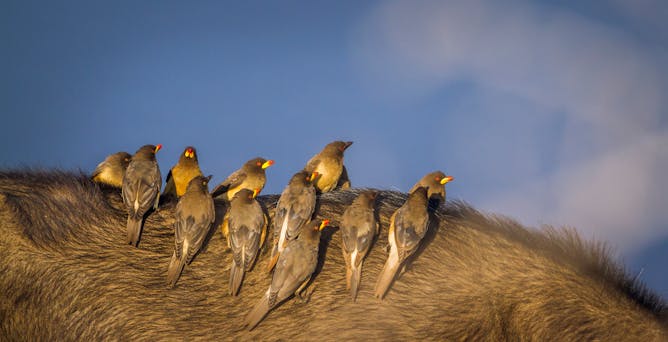
Framing nature in terms of kinship can motivate people to care about the loss of biodiversity.
from www.shutterstock.com
Matthew Hall, Victoria University of Wellington
Our prevailing relationship with nature is based on framing the living world as a set of natural resources. This utility-based worldview perpetuates the drivers of ongoing biodiversity loss.
|
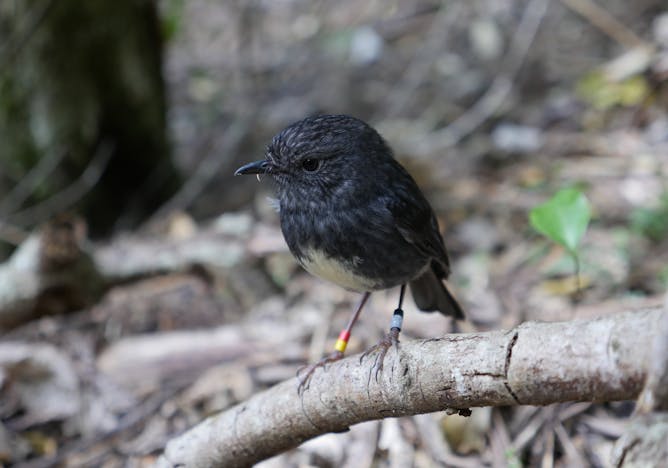
The New Zealand robin is a small and ordinary-looking songbird, but it can take down enormous invertebrate prey and hide morsels for later consumption.
Supplied
Rachael Shaw, Victoria University of Wellington
The New Zealand robin has learnt to hide left-over food for later consumption, and it turns out that male birds with the best spatial memory have the greatest breeding success.
|

Ne Zha is a rebellious boy with supernatural powers who wreaks havoc – and he is a box-office phenomenon.
Chengdu Coco Cartoon
Shih-Wen Sue Chen, Deakin University; Sin Wen Lau, University of Otago
Chinese animated film Ne Zha is a box office phenomenon, but it also has a surprising story to tell about raising the ideal 'guai' child – for the family, and for the state.
|
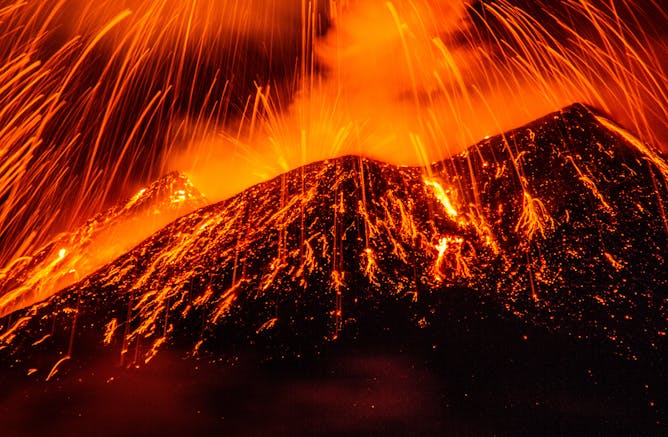
Rapid and voluminous volcanic eruptions around 252 million years ago can be linked with a mass extinction event.
from www.shutterstock.com
Michael Petterson, Auckland University of Technology
There is evidence for catastrophic climate change from protracted volcanic eruptions in the past, but since the 1950s the emissions we produce far exceed those from volcanic activity.
|
From The Conversation's international editions
|

Steven Lubet, Northwestern University
Does a foundation's award of a US$1 million prize to Supreme Court Justice Ruth Bader Ginsburg raise ethical questions? It's hard to tell, because the court has no published ethics guidelines.
| |

Rainbow Murray, Queen Mary University of London; Robin Pettitt, Kingston University
There are five possible options left for the UK, but which is the most likely to work?
|

Jay L. Zagorsky, Boston University
Halloween is yet another holiday that has become a mere ritual of America's very conspicuous consumption.
| |

Luthfi T. Dzulfikar, The Conversation
Scholars suggest that law schools must adopt innovative interdisciplinary curricula alongside implementation of creative teaching methods to address advancements in technology.
|
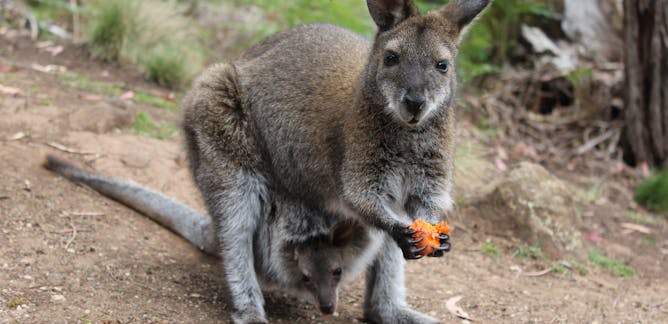
Jane Fenelon, University of Melbourne
Animals that pause their pregnancies could help us learn valuable lesson about human pregnancy, and even unlock secrets to stem cells and cancer.
| |
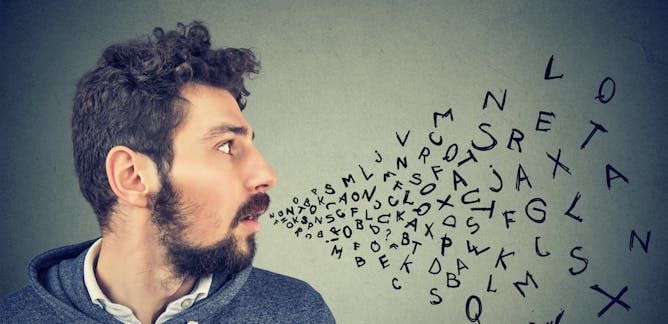
Monika Schmid, University of Essex
Non-native speakers often face an uphill struggle to be heard and taken seriously.
|

Natasha Lindstaedt, University of Essex
From US captive to head of Islamic State, the life of Abu Bakr al-Baghdadi, who died in Syria.
| |

Michel Seymour, Université de Montréal
The Bloc Québécois was written off as politically dead before it aligned itself with the CAQ government's law on secularism. Now it's moved into third place in Parliament in a stunning comeback.
|

Reeta Tremblay, University of Victoria; Michelle D. Bonner, University of Victoria
India's Modi government has used populist rhetoric to scare the public and turn Kashmiri Muslims into symbols of terrorist violence. The news media in India seems to be following along.
| |
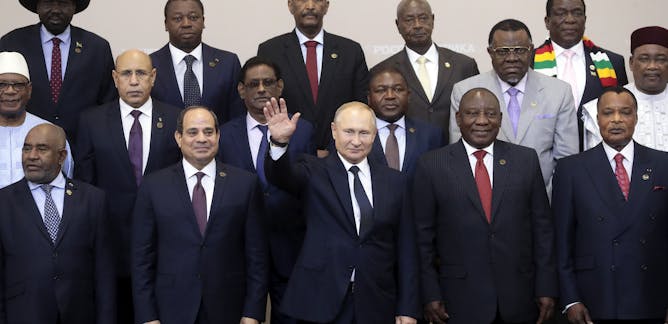
Theo Neethling, University of the Free State
At the Sochi summit, African states embraced Russia's newly established relations.
|
|
|
| |
| |
| |
| |
| |
| |
|
|
|
|
|
|
|